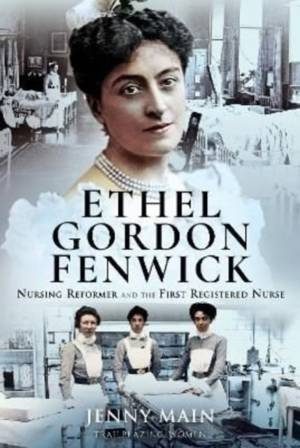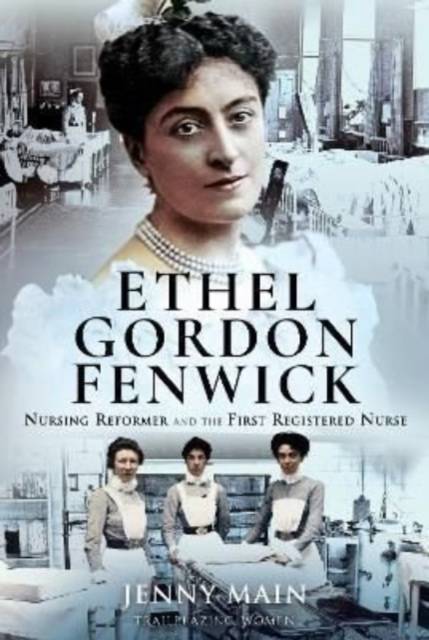
- Afhalen na 1 uur in een winkel met voorraad
- Gratis thuislevering in België vanaf € 30
- Ruim aanbod met 7 miljoen producten
- Afhalen na 1 uur in een winkel met voorraad
- Gratis thuislevering in België vanaf € 30
- Ruim aanbod met 7 miljoen producten
Zoeken
Omschrijving
A great nursing reformer, Ethel Gordon Fenwick was born before the age of the motor car and died at the start of the jet age. When she began her career, nursing was a vocation, unregulated with a dangerous variety of standards and inefficiencies. A gifted nurse, Ethel worked alongside great medical men of the day and, aged 24, she became the youngest matron of St Bartholomew's hospital London, where she instigated many improvements. At that time, anyone could be called a nurse, regardless of ability. Ethel recognized that for the safety of patients, and of nurses, there must be an accepted standard of training, with proof of qualification provided by a professional register.
Often contentious, Ethel was a determined woman. She fought for nearly thirty years to achieve a register to ensure nurses were qualified, respected professionals. A suffragist and journalist, she traveled to America where she met like-minded nursing colleagues. As well as helping to create the International Council of Nurses, and the Royal British Nurses Association, she was also instrumental in organizing nurses and supplies during the Graeco-Turkish War, and was awarded several medals for this work. Thanks to her long campaign for registration, a year after her death nurses were ready to take their place alongside other professionals when the National Health Service began in 1948.
Often contentious, Ethel was a determined woman. She fought for nearly thirty years to achieve a register to ensure nurses were qualified, respected professionals. A suffragist and journalist, she traveled to America where she met like-minded nursing colleagues. As well as helping to create the International Council of Nurses, and the Royal British Nurses Association, she was also instrumental in organizing nurses and supplies during the Graeco-Turkish War, and was awarded several medals for this work. Thanks to her long campaign for registration, a year after her death nurses were ready to take their place alongside other professionals when the National Health Service began in 1948.
Specificaties
Betrokkenen
- Auteur(s):
- Uitgeverij:
Inhoud
- Aantal bladzijden:
- 208
- Taal:
- Engels
- Reeks:
Eigenschappen
- Productcode (EAN):
- 9781399099585
- Verschijningsdatum:
- 20/07/2022
- Uitvoering:
- Hardcover
- Formaat:
- Genaaid
- Afmetingen:
- 160 mm x 236 mm
- Gewicht:
- 385 g

Alleen bij Standaard Boekhandel
+ 61 punten op je klantenkaart van Standaard Boekhandel
Beoordelingen
We publiceren alleen reviews die voldoen aan de voorwaarden voor reviews. Bekijk onze voorwaarden voor reviews.











